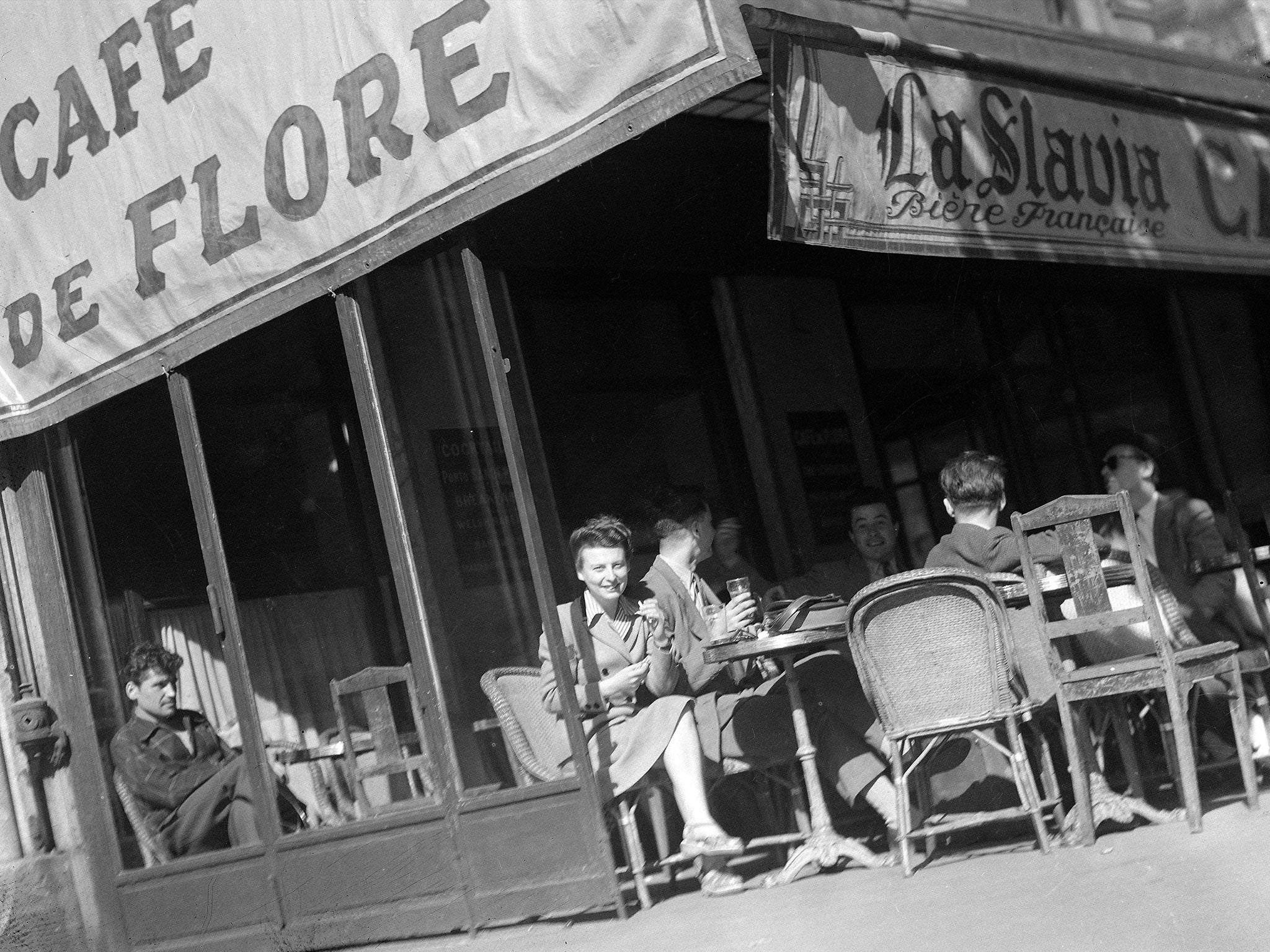Pedigree: A Memoir by Patrick Modiano, trans. Mark Polizzotti, book review
This terse memoir raises questions even as it answers them

Matter-of-fact in style and yet somehow as tantalising as his other novels, the terse memoir Pedigree raises questions even as it answers them. Son of a stateless Jewish father from Salonica and a Flemish bit-part actress, Jean Patrick Modiano grew up neglected and rejected by both parents. From birth an outcast mongrel, either scorned or kicked, "I'm a dog who pretends to have a pedigree." In order to evade deportation to the death camps, his father Albert had during the Occupation gone underground in Paris to live on his wits as a black marketeer. He fixed deals amid the seedy demi-monde of louche collaborators who surface again in the new novel.
In the laconic, seemingly neutral manner of a "report or resume", well captured by translator Mark Polizzotti, Modiano digs into "the soil – or the dung – from which I emerged". A flighty, mercurial mother whom he calls "a pretty girl with an arid heart"; a father compromised, maybe wrecked for good, by guilty liaisons with the "shady travellers" whose patronage let him dodge the Holocaust: Patrick's tarnished pedigree bequeathed the sense of a "fraudulent existence".
Only his first steps as a writer, aged 21, mark the dawn of a real life. Although he dubs the book "a simple film of deeds and facts", Modiano pins down the traumatised post-war Paris of his youth in haunting literary snapshots of threadbare quartiers and flashy fraudsters a deal away from riches – or from jail.
Modiano writes of his father, who habitually did business at the far edge of legality, that he "could have worn down ten examining magistrates". An almost identical phrase appears in the novel, about Daragane's own father. Both in fiction and in autobiography, Modiano's "coded signals" invite us to follow the trail of crimes and deceits – both domestic and historical – that remain unsolved. In Paris, those restless ghosts still walk.
Join our commenting forum
Join thought-provoking conversations, follow other Independent readers and see their replies
Comments
Bookmark popover
Removed from bookmarks